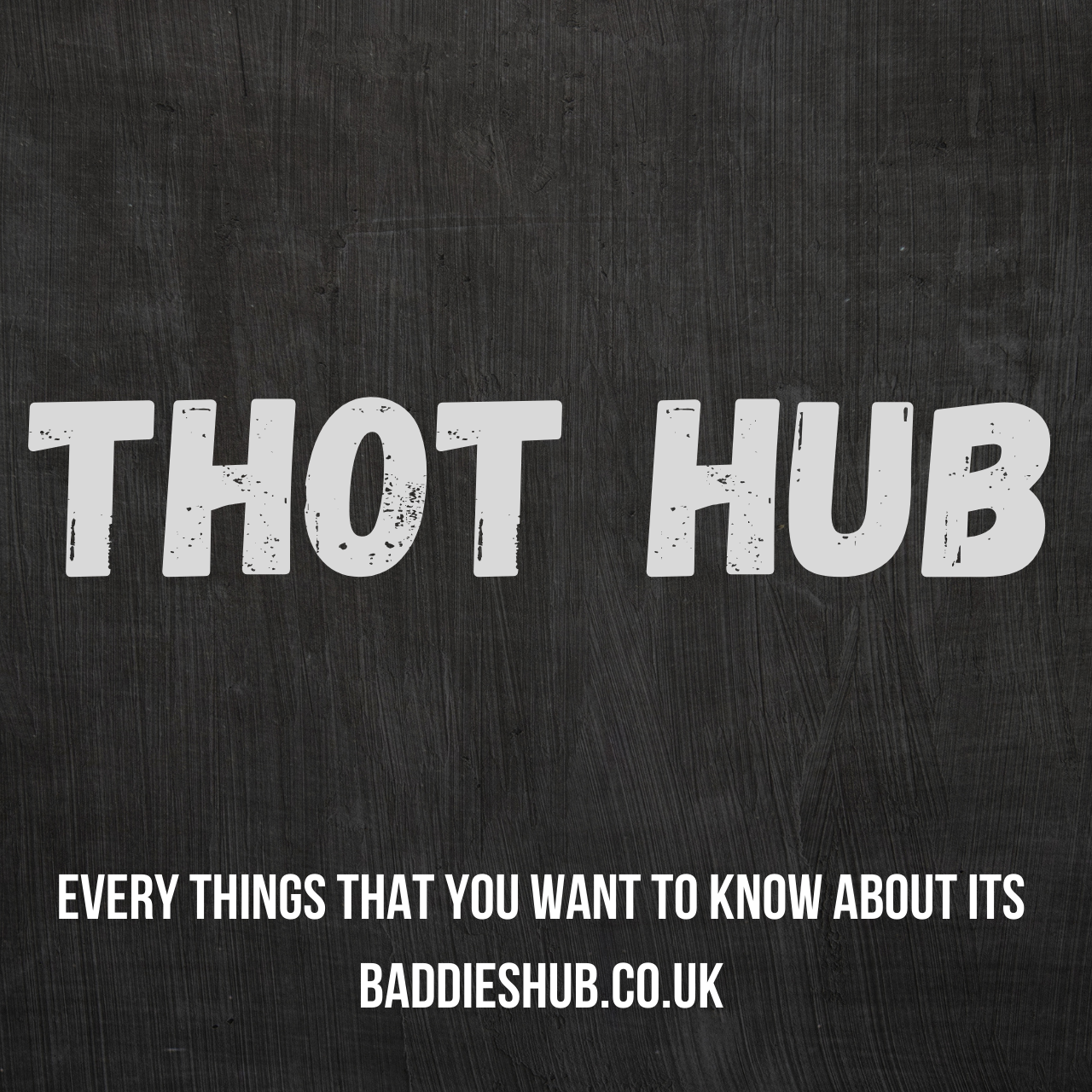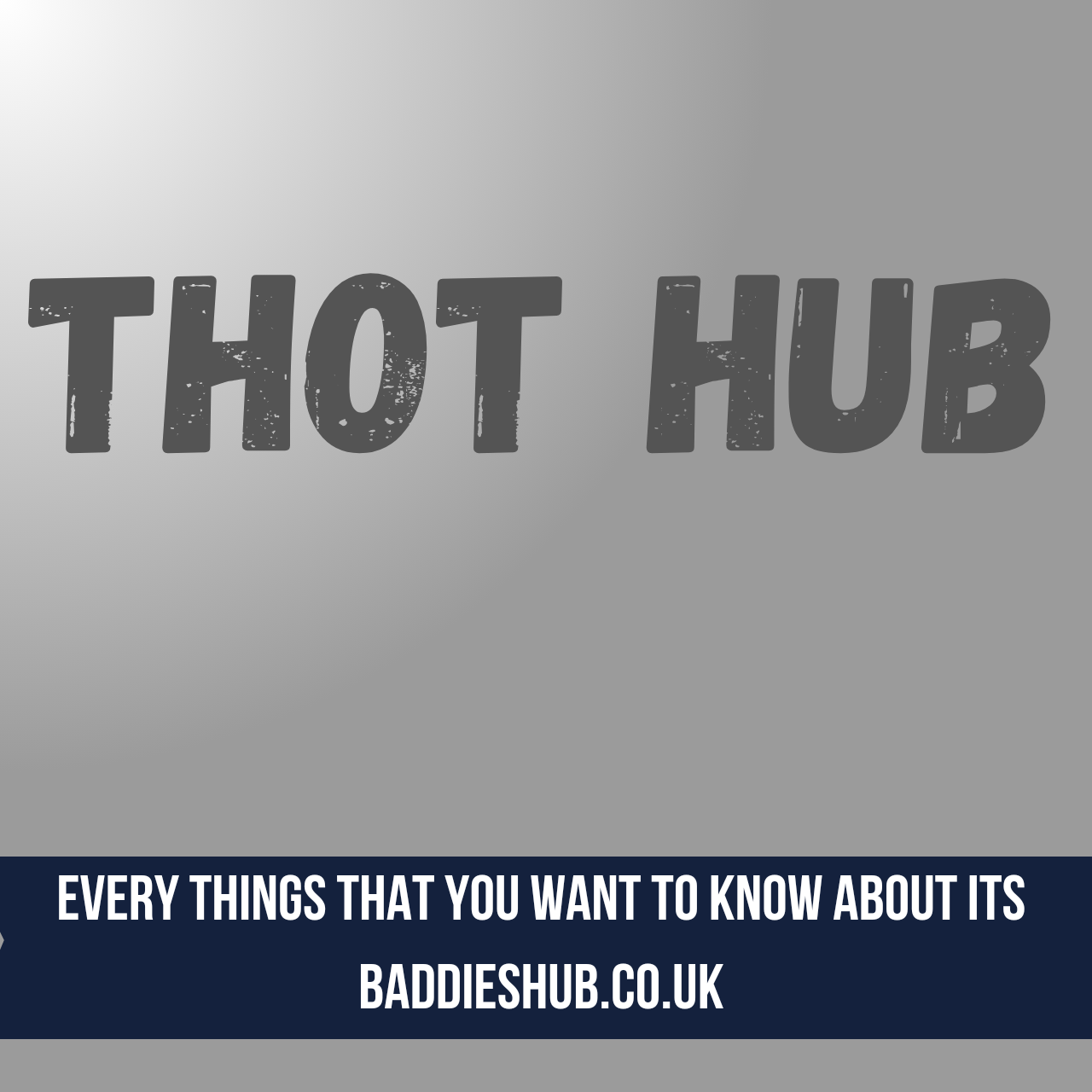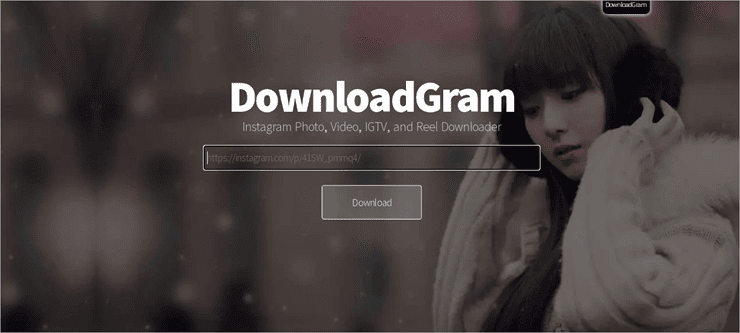
Introduction
“Thot Hub” is a term that has gained significant traction on the internet,within certain online communities. This phrase combines the colloquialism “Thot,” which refers to a promiscuous person (often used derogatorily), and “Hub,” implying a central place for content aggregation of “Thot Hub” speaks volumes about the intersection of internet culture, social dynamics, and the commodification of personal content.
About “Thot Hub”
“Thot Hub” refers to platforms, websites, or forums where individuals can access or share content, often of an explicit nature. These hubs are typically characterized by user-generated content, where individuals upload personal images or videos, sometimes without the consent of the subjects involved. The ethical implications and legality surrounding such hubs are heavily debated, as they often tread the line between personal freedom and violation of privacy.
People’s Interest in “Thot Hub”
The growing interest in “Thot Hub” can be attributed to several factors. First, the rise of social media platforms has blurred the lines between public and private life, making personal content more accessible than ever before. Second, there is a certain voyeuristic appeal that draws individuals to these hubs, where the taboo nature of the content adds an element of intrigue. Lastly, for some, “Thot Hub” represents a form of rebellion against traditional norms and values, embracing a more liberated and often controversial lifestyle.
Why Do People Search for “Thot Hub”?
The reasons behind the search for “Thot Hub” are multifaceted. For some, it is driven by curiosity and the allure of forbidden content. Others may seek it out for entertainment or to participate in the community aspect that these hubs foster. Additionally, the anonymity provided by the internet emboldens individuals to explore content they might otherwise avoid in real life. However, it is crucial to recognize the potential risks involved, including exposure to non-consensual content and the legal repercussions of participating in such platforms.
Results After Searching “Thot Hub”
Searching for “Thot Hub” can lead to a variety of outcomes, depending on the platform and the content available. Users might find themselves on forums, social media pages, or even websites dedicated to explicit content. The results can range from benign discussions to explicit imagery, some of which may be illegal or unethical to view or distribute. It is essential to approach these searches with caution, understanding the potential consequences that could arise from engaging with such content.
Connection with Lifestyle and Fashion
The concept of “Thot Hub” is intricately linked with certain lifestyle choices and fashion trends. In some circles, the term “Thot” has been reclaimed as a badge of honor, representing empowerment and sexual liberation. This is reflected in fashion, where provocative clothing and bold statements are celebrated. The online presence of “Thot Hub” users often showcases a lifestyle centered around self-expression, body positivity, and a rejection of conventional standards. However, it is important to differentiate between empowerment and exploitation, as the latter often lurks beneath the surface of these platforms.
FAQs About “Thot Hub”
- Is “Thot Hub” legal? – The legality of “Thot Hub” depends on the content shared and the jurisdiction in which it operates. Sharing explicit content without consent is illegal in many regions.
- Can “Thot Hub” content be removed? – Content removal is possible, but it often requires legal intervention, especially if the content was shared without consent.
- Are there safe alternatives to “Thot Hub”? – Yes, there are platforms where individuals can consensually share content, often within the bounds of legal and ethical guidelines.
- What are the risks of using “Thot Hub”? – Users may encounter illegal content, face legal repercussions, or become victims of privacy violations.
- How can one protect themselves online? – Users should prioritize privacy, avoid sharing personal content, and report illegal activities to the authorities.
About the Users of “Thot Hub”
The user base of “Thot Hub” is diverse, ranging from casual browsers to active participants who share content regularly. Many users are drawn by the anonymity the internet offers, allowing them to explore aspects of their sexuality or interests that they might keep hidden in their offline lives. However, this anonymity can also breed unethical behavior, such as the sharing of non-consensual content or cyberbullying. It is essential to foster a culture of respect and consent, even within the most private corners of the internet.
The Social and Psychological Impact of “Thot Hub”
Engaging with platforms like “Thot Hub” can have profound social and psychological effects on both users and the individuals whose content is shared. For some, the exposure can lead to feelings of empowerment and validation, while for others, it can result in significant emotional distress, particularly if their content is shared without consent. Additionally, the consumption of explicit content can alter perceptions of relationships, intimacy, and personal boundaries, often in ways that can be harmful to one’s mental health.
The Future of “Thot Hub” and Similar Platforms
The future of “Thot Hub” is uncertain, particularly as legal frameworks evolve to address the challenges posed by such platforms. As society becomes more aware of the implications of privacy violations and the exploitation of personal content, there may be increased pressure on governments and tech companies to regulate these spaces. Additionally, the rise of alternative platforms that prioritize consent and ethical content sharing could provide a safer environment for users who wish to explore their interests without compromising their privacy or safety.
Conclusion
“Thot Hub” represents a complex and often controversial aspect of internet culture. While it offers a space for self-expression and community, it also raises significant ethical and legal concerns. As users navigate these platforms, it is crucial to prioritize respect, consent, and personal safety. By fostering a more ethical approach to content sharing and consumption, we can create an online environment that empowers individuals without exploiting them.








